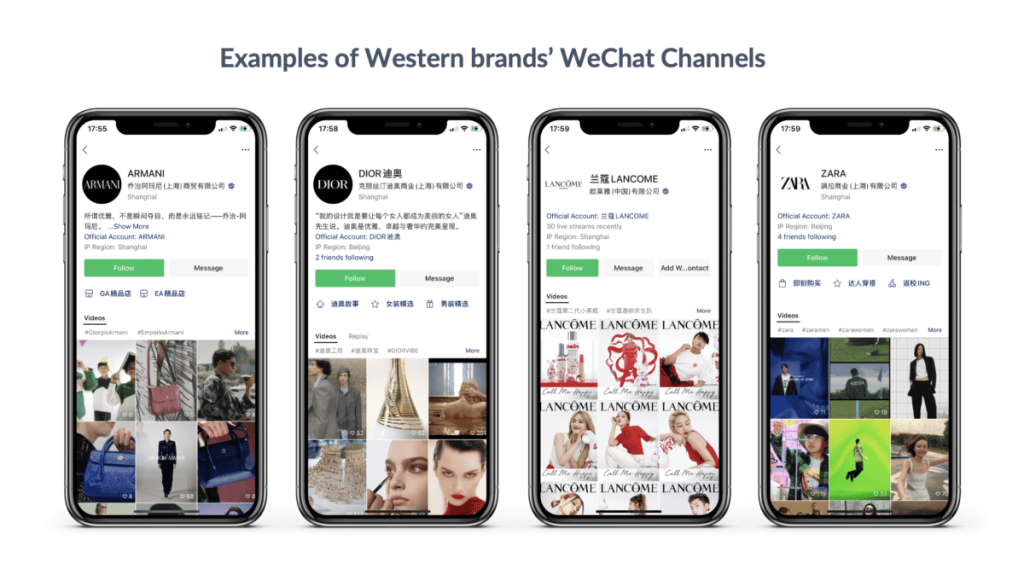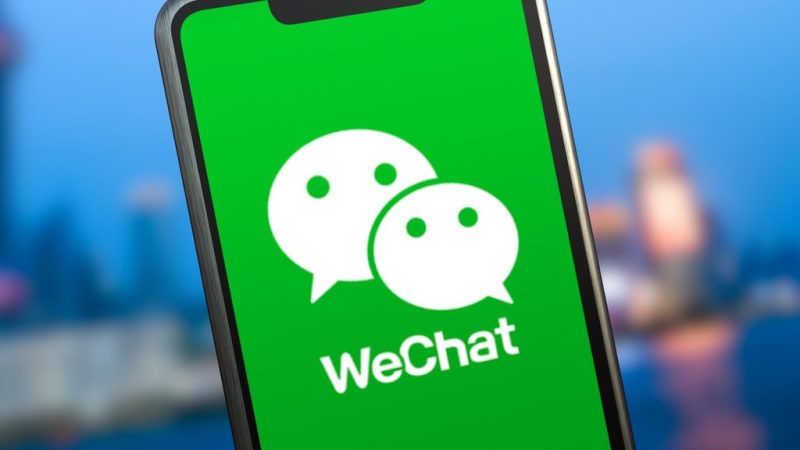WeChat, China’s most prominent social media platform, has gone beyond being merely an app; it’s now a vital part of everyday life for its billion-plus users. Launched in 2011 by Tencent, one of the world’s largest tech conglomerates, WeChat has grown from a simple messaging app into a multi-purpose digital behemoth.
At its core, WeChat is a messaging service, akin to WhatsApp and Facebook Messenger. Users can send text messages, voice messages, share photos and videos, create group chats, and make video calls. However, it quickly differentiated itself by integrating a multitude of features, turning the app into an all-in-one solution that intertwines social, economic, and everyday activities.
With WeChat, users can post status updates and photos on ‘Moments’, a feature comparable to Facebook’s News Feed. The app also includes a subscription feature, allowing users to follow public accounts and receive updates from celebrities, news outlets, businesses, and more.
Beyond its social capabilities, WeChat has expanded its functionality into commerce and everyday utilities. With WeChat Pay, one of the app’s standout features, users can make payments for a vast array of services and products both online and offline, directly from their smartphone. The app’s digital wallet can also be used for peer-to-peer transactions, bill payments, and even to book and pay for taxis.
Moreover, WeChat’s ‘Mini Programs’ feature allows businesses and developers to create apps within the app. These mini apps provide services like e-commerce, music and video streaming, gaming, and food delivery, effectively making WeChat a one-stop platform for digital lifestyle services. As of 2020, there were over a million Mini Programs on WeChat, emphasizing its scale and the breadth of its offerings.

WeChat also integrates local services, enabling users to do everything from booking doctor’s appointments to applying for visas, paying traffic fines, and much more. The app is so thoroughly interwoven into daily life that it is often referred to as a ‘super-app’.
Despite its success and immense popularity in China, WeChat’s reception has been mixed overseas. Concerns regarding censorship and data privacy have been raised in several countries. However, for the Chinese diaspora around the world, the app remains a vital link to their homeland.
WeChat’s integration of social networking, messaging, commerce, and services into a single platform has shaped it into more than just an app. It’s a digital ecosystem that has significantly influenced and altered the social and digital landscapes, not just in China but globally, setting a new precedent for digital platforms everywhere.
In summary, WeChat exemplifies the concept of a super-app â a digital Swiss army knife of sorts. Its multifaceted nature and the convenience it offers have made it an integral part of daily life for its users, transforming how people socialize, consume, and conduct business.








